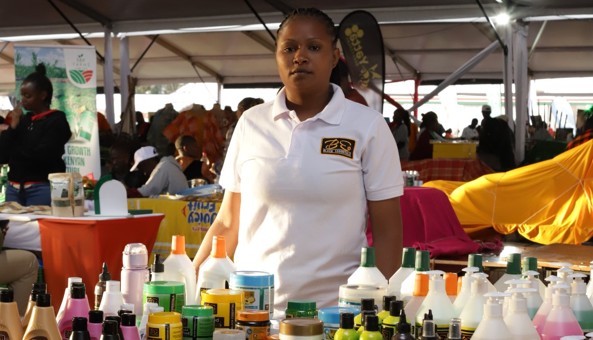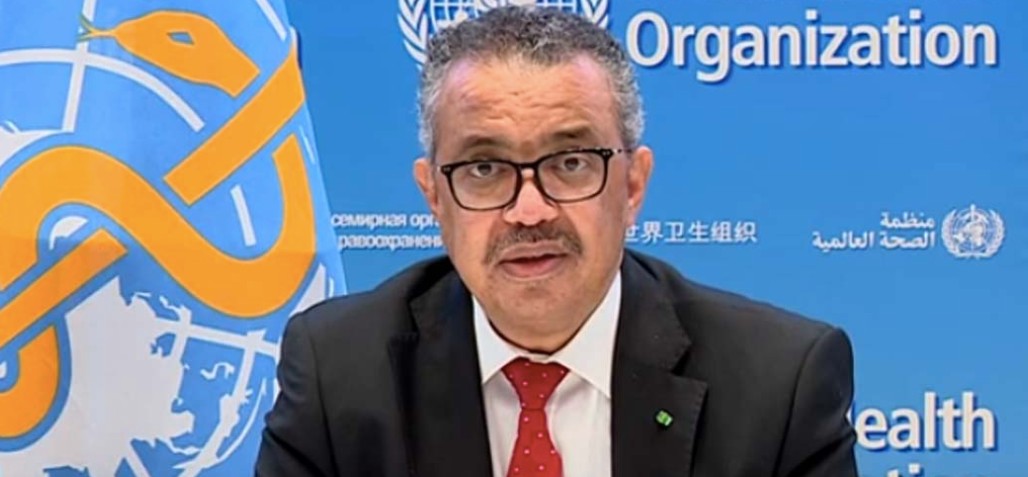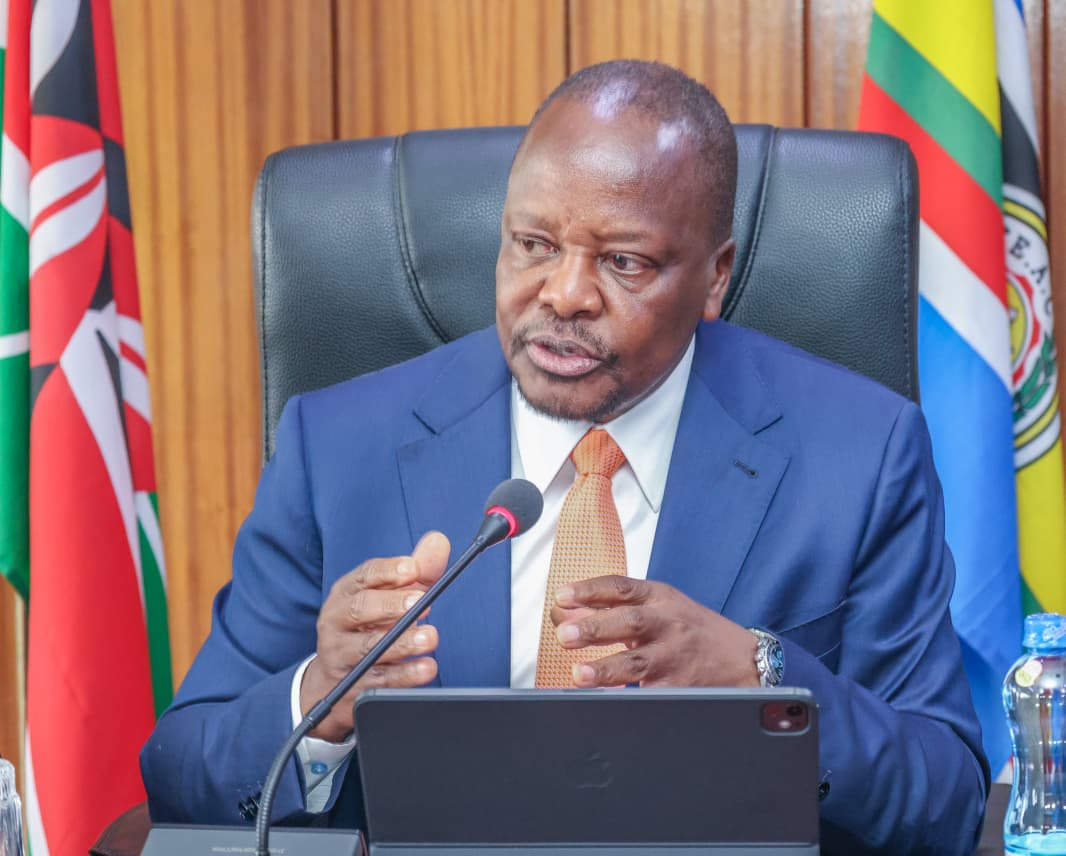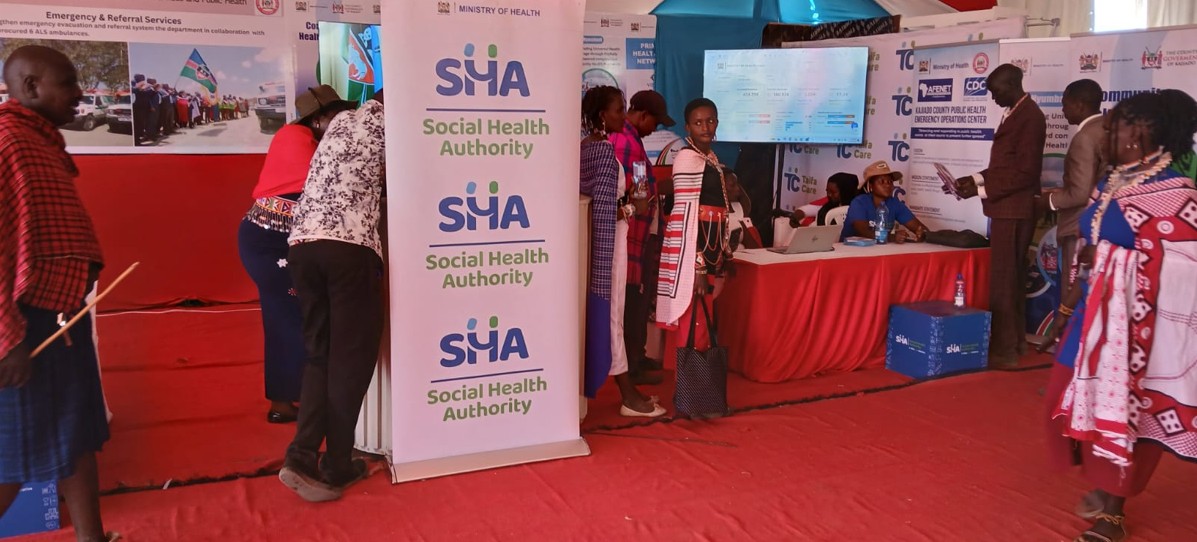State wants power purchase agreements ban lifted to boost energy generation
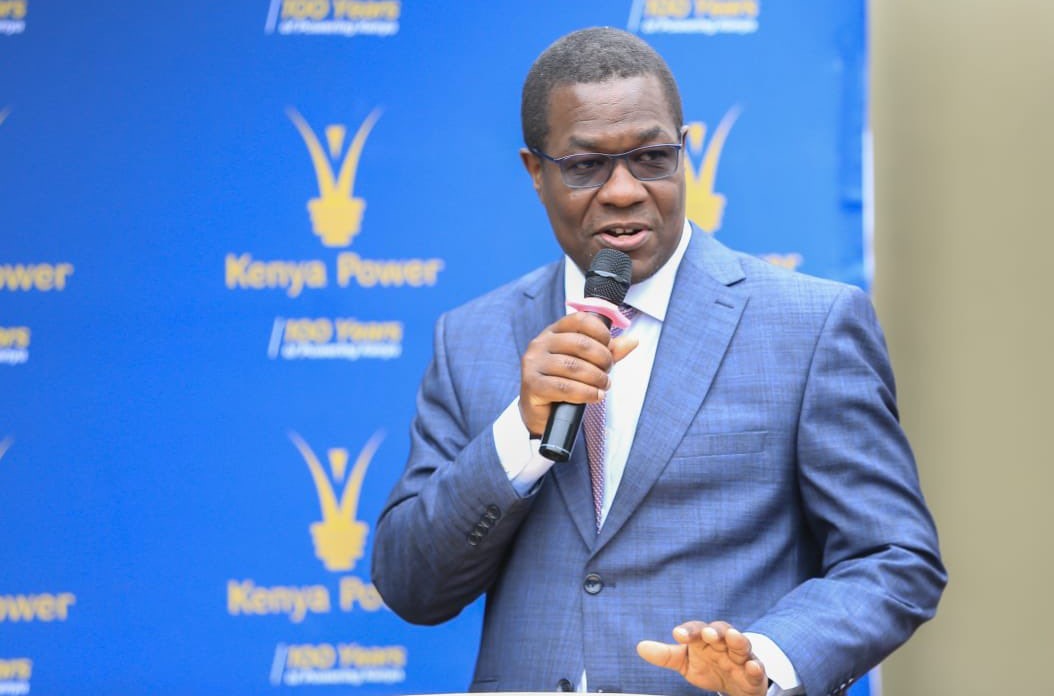
CS Wandayi argued that lifting the ban would enable the government to engage private firms in constructing power generation plants.
The government is advocating for the removal of a parliamentary ban on new Power Purchase Agreements (PPAs) to facilitate the development of new electricity generation plants, as the country faces dwindling power reserves.
Energy Cabinet Secretary Opiyo Wandayi argued that lifting the ban would enable the government to engage private firms in constructing power generation plants, thereby expanding the nation’s energy capacity to meet growing demand.
More To Read
- Auditor General flags Kenya Power for missing 30 per cent tender quota for youth, women, and PWDs
- Kenya’s electricity demand hits all-time high of 2,439 MW, straining power generation capacity
- State agencies, counties owe Kenya Power Sh4.67 billion in unpaid bills - Auditor General
- Kenya Power ends manual applications, new connection requests exclusively via website
- Over 16,000 in the dark as Kenya Power struggles to procure essential meters, transformers
- 122 electrocuted as illegal connections, encroachment rise - Kenya Power
“We are pursuing the lifting of the moratorium so that we can resume signing new PPAs. We have no timeline on this but we remain optimistic. We hope that in a month or so we will have been able to resolve this matter,” Wandayi said during a tree planting event at Eldama Ravine in Baringo County on Friday.
The Cabinet had lifted a previous moratorium in February of the previous year, imposed by former President Uhuru Kenyatta's administration.
However, Parliament reinstated the ban following a petition by Laikipia Member of Parliament Jane Kagiri, who requested state intervention to regulate independent power producers (IPPs) and increase transparency regarding their operations.
Kagiri's petition led to a parliamentary inquiry into Kenya Power’s agreements with IPPs, which scrutinised the utility’s reliance on IPPs and examined potential measures to reduce electricity costs.
Concerns over the high costs and long duration of the PPAs, particularly those related to renewable energy projects, contributed to the cancellation of the agreements. The government also sought to avoid foreign currency risks by insisting that new contracts be denominated in Kenyan shillings.
The parliamentary ban on PPAs has impeded the process of contracting new power generation plants, exacerbating the country's power reserve issues.
Last week, Wandayi revealed that Kenya experienced load-shedding in August due to low power reserves.
“During the last peak demand of 2239MW recorded on August 21, 2024, 6MW was load-shed from the grid while the reserve margin was only 9MW against the system requirement of 310MW,” he said.
Shelved projects
The impact of the power rationing has highlighted the need to address shelved projects, which had a combined generation capacity of 2,345.07 MW.
Among the 92 projects cancelled by Kenyatta’s government were 44 solar projects with a capacity of 1,093.1 MW, 35 hydro projects totalling 900.72 MW, five wind projects with a capacity of 202.5 MW, and eight biogas projects amounting to 148.75 MW.
Once the ban is lifted, Wandayi indicated that the government would prioritise geothermal and hydro investments, which serve as baseload energy sources.
“Our focus is increasingly on geothermal energy resources and, to an extent, hydro. That does not mean that we are abandoning solar and wind generation, but we want to increase our baseload,” he said.
The government is targeting a 35MW geothermal plant being developed by UK firm Globeleq at Menengai in Nakuru, set to be completed next year.
Energy Principal Secretary Alex Wachira announced that Kenya will add an additional 285 MW of renewable energy to its grid by 2027, including projects such as the 100MW Paka geothermal plant in Baringo County.
“Looking at the country’s spinning reserve and capacity, I am happy we have about 35MW coming in by 2025 from UK-based Globeleq, and for China’s Kaishan, after unlocking some challenges, will provide us with 70 MW by the same period or early 2026,” Wachira said during a geothermal development symposium in Nakuru.
“We also aim to bring on the first 80 MW from Olkaria 7 around the first quarter of 2027, coinciding with the Paka project’s connection,” he added.
Top Stories Today






